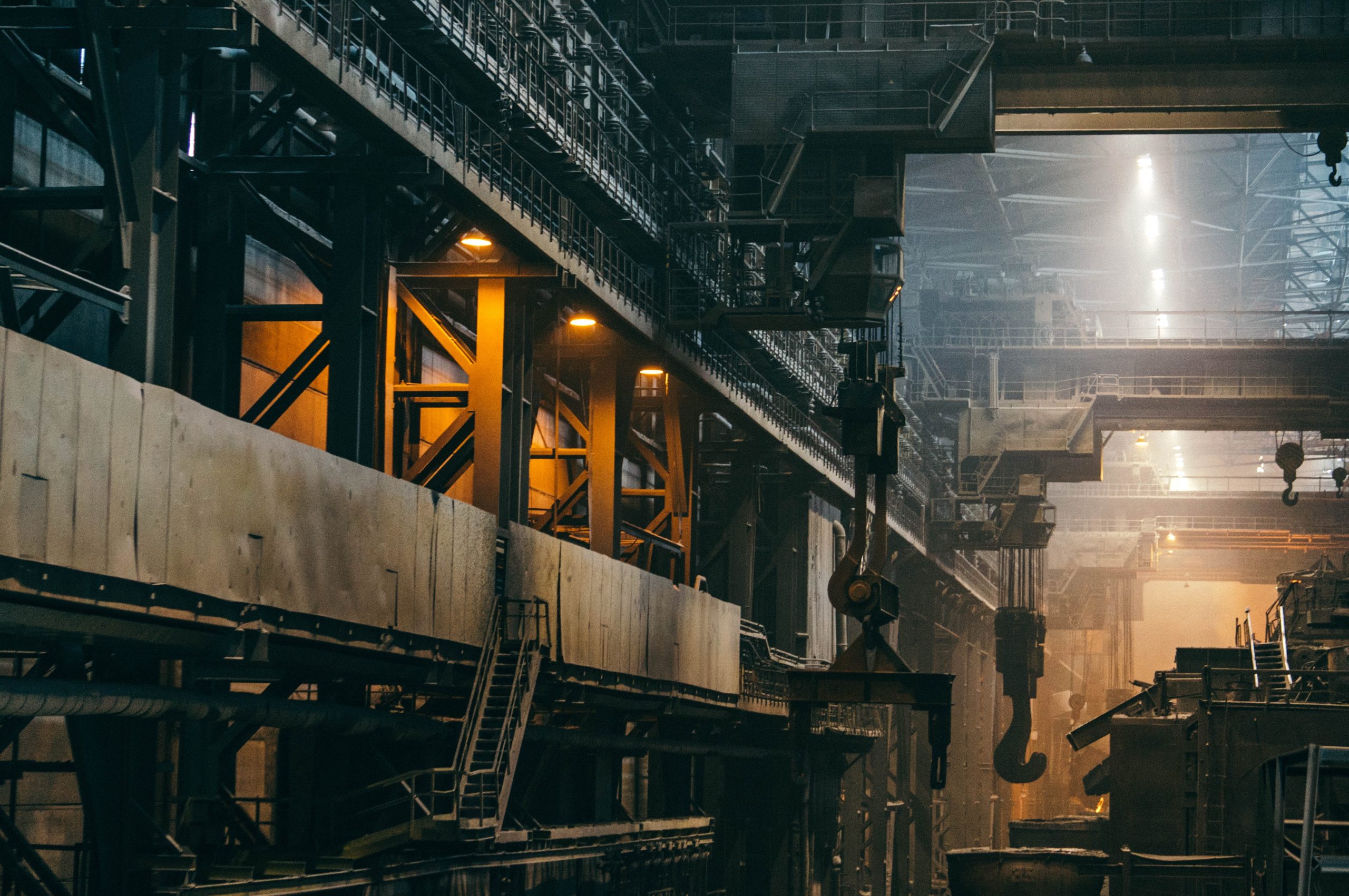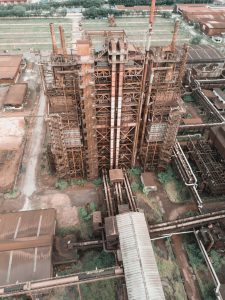- 6 August 2023
- 686
Infineon’s Silicon Carbon Chip Plant in Kulim: Boosting Semiconductor Production

Introduction
Infineon, a global leader in semiconductor solutions, has made a remarkable investment by establishing a cutting-edge silicon carbon chip fabrication plant in Kulim. This ambitious project holds the potential to revolutionize semiconductor production and reinforce Infineon’s position in the industry. In this article, we explore the significance of this facility and its impact on the semiconductor landscape.

Infineon’s Investment in Kulim
A Strategic Move: The decision to build a silicon carbon chip fabrication plant in Kulim reflects Infineon’s commitment to staying at the forefront of semiconductor technology. Kulim, located in Malaysia, was selected due to its favorable business environment, skilled workforce, and proximity to key markets in the Asia-Pacific region. This strategic move enables Infineon to leverage local resources while expanding its global footprint and market reach.
Advantages of Silicon Carbon Chip Technology
Silicon carbon (SiC) technology has gained significant attention in the semiconductor industry for its exceptional properties. Compared to traditional silicon-based chips, SiC chips offer higher power efficiency, increased temperature tolerance, and reduced energy losses. These advantages make SiC chips ideal for applications in electric vehicles, renewable energy systems, and high-power electronics.
Boosting Semiconductor Production Capacity
The new silicon carbon chip fabrication plant significantly augments Infineon’s semiconductor production capacity. With the rising demand for SiC-based components, the Kulim facility is poised to meet market requirements and address the challenges posed by global semiconductor shortages. The increased production capacity will not only cater to existing clients but also attract new customers seeking advanced semiconductor solutions.
Employment Opportunities and Local Economy
The establishment of the Kulim plant brings a surge in employment opportunities to the local community. Infineon’s investment will create jobs across various skill levels, contributing to the economic development of the region. Moreover, the presence of a high-tech manufacturing facility is likely to attract other businesses and foster a supportive ecosystem in Kulim.
Environmental and Technological Implications
The adoption of SiC technology aligns with the global push for sustainable and energy-efficient solutions. SiC chips enable more efficient power conversion, reducing energy consumption and greenhouse gas emissions in various applications. By producing SiC chips at scale, Infineon contributes to the advancement of environmentally friendly technologies, supporting the transition to a greener future.Additionally, the Kulim plant serves as a center for technological innovation. The research and development efforts at the facility will drive advancements in semiconductor technology, paving the way for next-generation applications and expanding the possibilities of SiC-based devices.
Conclusion
Infineon’s investment in the silicon carbon chip fabrication plant in Kulim represents a significant milestone in the semiconductor industry. The state-of-the-art facility enhances semiconductor production capabilities, enables sustainable technological advancements, and strengthens Infineon’s market position. As the demand for SiC-based components grows, the Kulim plant will play a pivotal role in meeting global semiconductor needs and accelerating the adoption of energy-efficient solutions across diverse sectors. With a focus on innovation, sustainability, and economic growth, Infineon’s Kulim plant sets a remarkable example for the semiconductor industry’s future endeavors.

